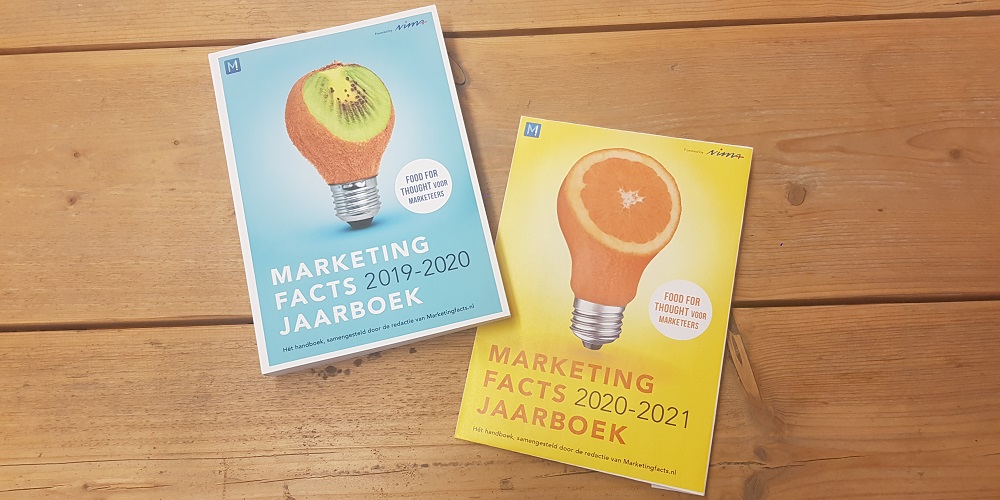If anyone has the innate ability to drive change within the enterprise as a whole, it’s the marketing folks. After all, marketers are deeply interested in decoding human behavior, connecting with people, and building bridges of understanding.
We spend our careers working to become masters of perception, persuasion, and conversion.
So why is it that marketing leaders often feel like the Prince Harry of the executive leadership team—likeable and well-regarded, but not exactly treated as an essential member of the royal family? (And I’m talking Prince Harry pre Megxit, of course.)
One of our biggest problems is a tendency to be so customer-focused that we forget to apply our talents within our own organizations as well.
Drawing on my decades of senior marketing leadership experience, I’d like to offer four ways marketers can lead enterprisewide digital transformation and position themselves as catalysts for much-needed change.
Lees dit artikel op Marketingprofs


















